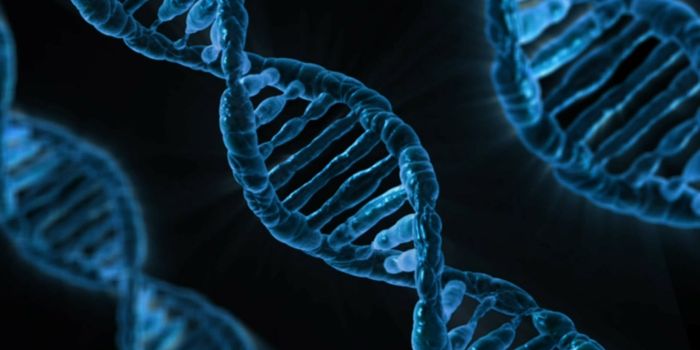Fact vs. Fiction: Are eggs really bad for our hearts?
Eating more than one egg was long believed to be bad for your health due to the presence of high cholesterol.

Regardless, eggs are still a rich source of protein, vitamins, and phospholipids. Now, recent research is debunking the myth that “eggs cause heart disease”. A recent study published in 2013, explains how eating up to one egg per day was not related to the risk of heart disease or stroke. Another recent 2018 study from the American Journal of Clinical Nutrition, concluded that a "high-egg diet" did not increase the risk of cardiovascular disease (CVD).
However, even more recent study, from the journal Heart, from the School of Public Health at Peking University Health Science Center in Beijing, China, indulges deep in the research. The lead investigators Prof. Liming Li and Dr. Canqing Yu have discovered a diet in which eggs are consumed on a regular basis can actually influence the protection of cardiovascular health.
Roughly 84 million people in the United States have CVD, and about 2,200 people will die each day due to that diagnosis. In China, in particular, the rates for CVD and other cardiovascular conditions are even higher.
In fact, in 2014, China held an estimated "837,300 urban residents and 1,023,400 rural residents died from cerebrovascular diseases," according to recent data. Most common of these complications included widespread conditions are hemorrhagic and ischemic as well as ischemic heart disease.
Investigators analyzed data sourced via the China Kadoorie Biobank: an ongoing prospective study examined the genetic and environmental causes of chronic diseases among the Chinese population. Prof. Li and team studied health-related information from over 400,000 adult participants that were recruited in 2004–2008. Those participants, were free of cancer, CVD, and diabetes at baseline. At recruitment, the participants were required to report how often they ate egg, 13.1 reported daily consumption (about 0.76 eggs per day) and 9.1 rarely consumed eggs if any at all. Additionally, during that time, more than 83,000 participants were diagnosed with CVD and about 10,000 of those participants died from CVD-related causes.
The research analysis revealed that individuals who usually ate about one egg per day had a 26 percent lower risk of experiencing hemorrhagic stroke, 28 percent lower risk of death due to a stroke, and an 18 percent lower risk of CVD-related mortality.
Surprisingly, almost daily egg consumption, or roughly 5.32 eggs per week was linked to a 12 percent lower risk of ischemic heart disease, compared with people who never or rarely ate this food (amounting to approximately 2.03 eggs per week). "The present study finds that there is an association between moderate level of egg consumption (up to 1 egg/day) and a lower cardiac event rate," note the authors of the study.
However, investigators warn that this is an observational study and so concluding anything would not be wise due to the causational effect. "Our findings," the researchers conclude, "contribute scientific evidence to the dietary guidelines with regard to egg consumption for the healthy Chinese adult."








